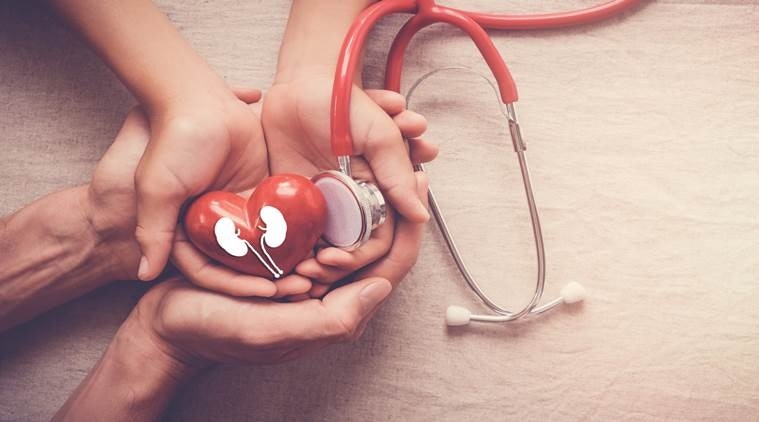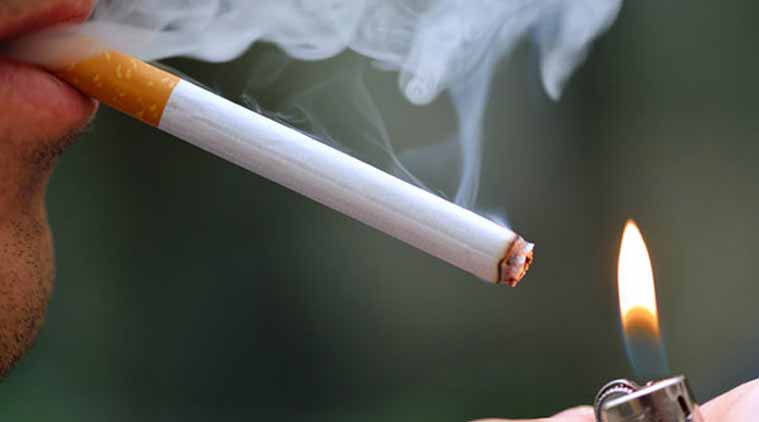Keep kidney diseases at bay with these expert tips.

Maintaining kidney health is as important as taking care of other organs in the body. Optimum kidney health ensures that the body is able to filter waste properly and produce hormones that ensure its smooth functioning. Emphasising this and the many other important roles played by the kidneys is World Kidney Day, which is observed on second Thursday of March every year.
On the occasion, why not adopt healthy habits that will take care of your kidneys better. Dr Sanjiv Gulati, director and HOD – Dept of Nephrology, Fortis Hospital, Vasant Kunj shares a few insights.
Common habits which may damage your kidney
*Overusing painkillers
*Abusing the salt shaker
*Not drinking enough water
*Missing out on sleep
*Eating too much meat
*Smoking
*Diabetic and hypertension patients not checking kidney function routinely

ALSO READ | Chronic kidney disease: Why diabetic patients need to be more careful
How does smoking cause damage to kidneys?
*Increases blood pressure and heart rate
*Reduces blood flow in the kidneys
*Increases production of angiotensin II (a hormone produced in kidney)
*Narrows the blood vessels in the kidneys
*Damages arterioles (branches of arteries)
*Forms arteriosclerosis (thickening and hardening of the renal arteries)

How junk food and alcohol affect your kidney
*Processed and junk foods cause a build of glucose in the blood. When the blood is unable to produce enough insulin to neutralise the same, it can lead to obesity and type 2 diabetes which in turn may damage the kidney.
*Alcohol has multiple effects on the kidney. It dehydrates the organ, making it difficult for the kidney to remove waste from the blood.
*Alcohol also leads to high blood pressure and liver disease causing the kidneys to malfunction.
ALSO READ | Health Tips: Five ways to keep your kidneys healthy
Six tips to be “water-wise” for your kidneys
*At least eight glasses of water should be consumed in a day, but that is not set in stone. The objective is to ensure that adequate amount of water consumption takes place.
*In cases of kidney failure, restriction of water is required in case of fluid overload.
*In some cases, too much water leads to a condition called hyponatremia – wherein the sodium levels in the blood is diluted, causing the person to feel weak and dizzy.
*About 1.5 litres of urine needs to be produced every day. The colour of urine can indicate a lot. Dark yellow in case of dehydration and jaundice whereas light yellow or colourless to indicate that the body is functioning properly.
*Drinking enough water also helps produce more urine, which helps to flush out infection-causing bacteria. Additionally, kidney stones are prevented when water intake is sufficient.
*Beware of pills and procedures. Drinking extra water with certain medications or before and after procedures with contrast dye (a type of solution used to accentuate kidney tests) may help prevent kidney damage.
? The Indian Express is now on Telegram. Click here to join our channel (@indianexpress) and stay updated with the latest headlines
For all the latest Lifestyle News, download Indian Express App.
Source: Read Full Article


